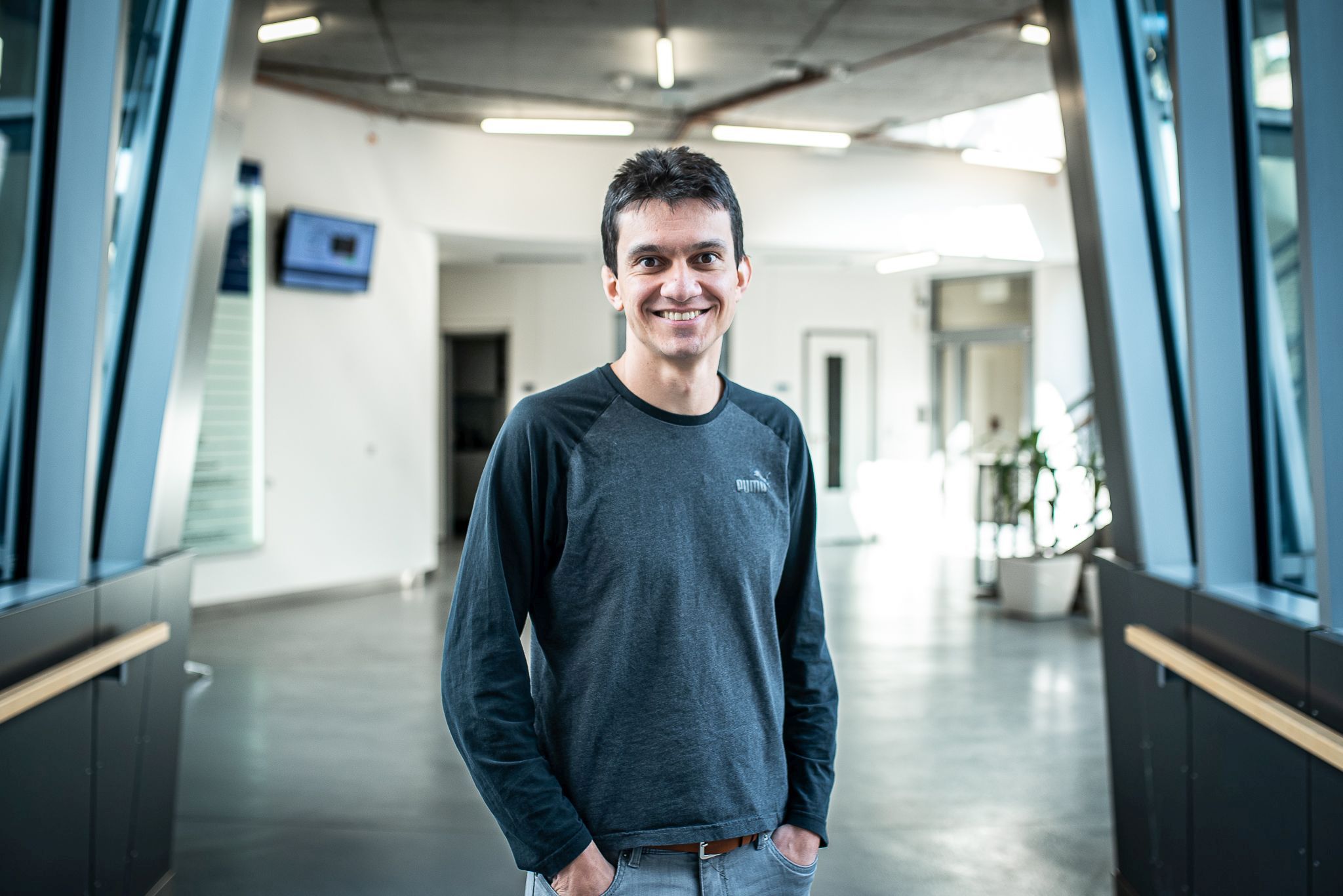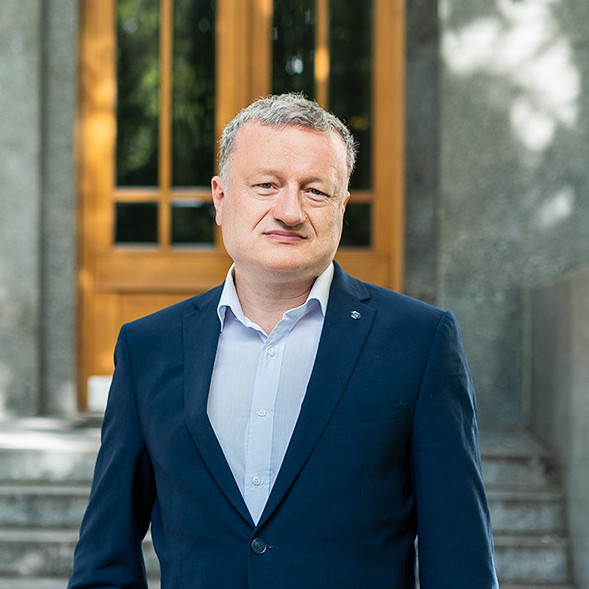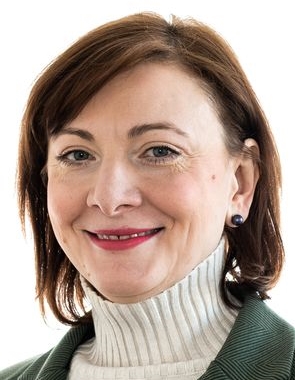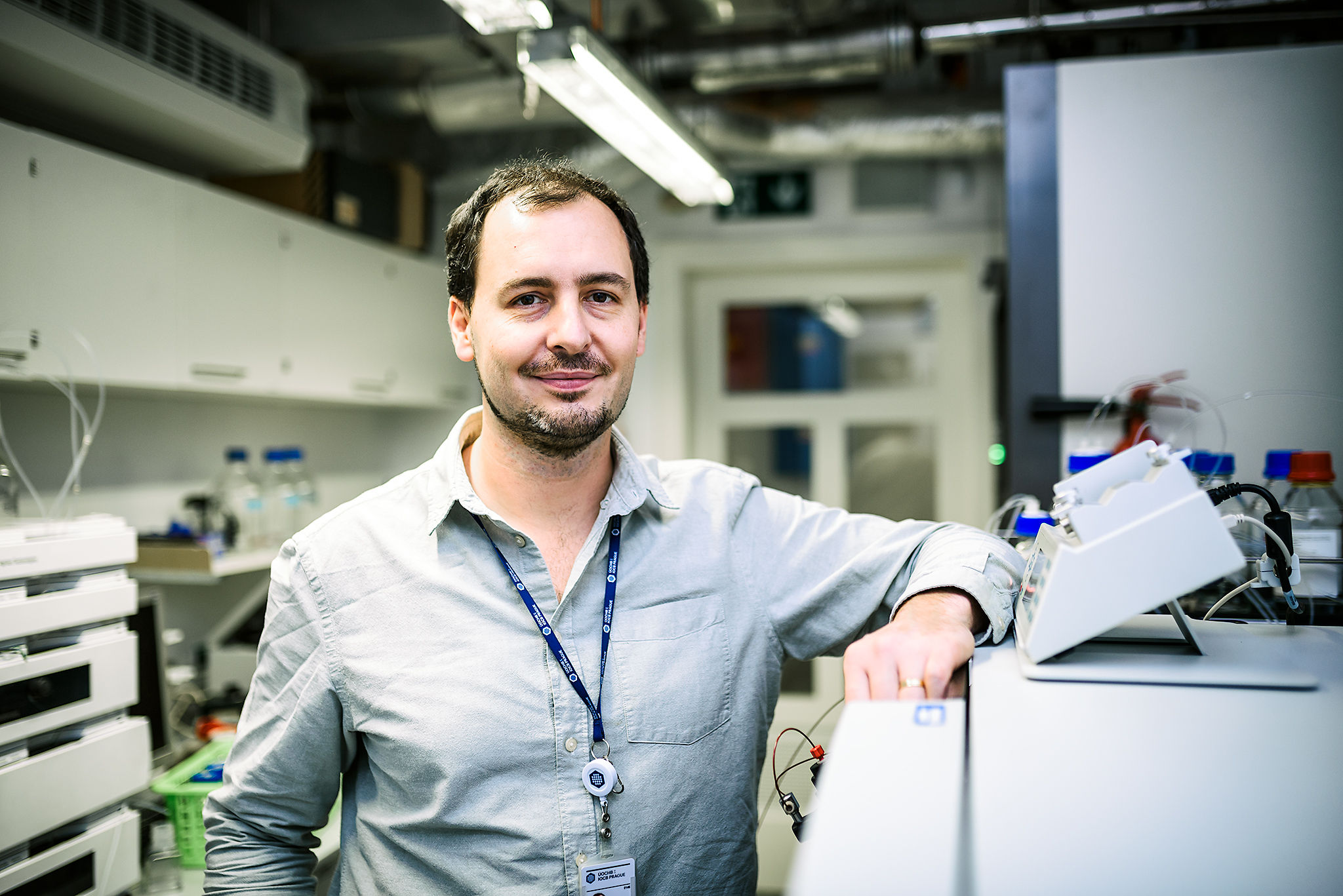
IOCB Prague welcomes the acquisition of another significant grant. The European Commission has recognized the work of Dr. Paulo Paioti by awarding him a European Research Council Starting Grant, a prestigious subsidy intended for early-career scientists. This financial injection, amounting to one and a half million euros, will aid Dr. Paioti over the next five years in further developing the synthesis of unique molecules important for the discovery of new drugs. European funds distributed through ERC Starting Grants are intended for supporting innovative, high-risk projects that promise to expand the boundaries of human knowledge.
This year, only two ERC Starting Grants are coming to Czechia. The other successful Czech institution is Charles University. IOCB Prague prides itself on having five active ERC grants, and since the inception of this European support instrument, the institute has secured a total of eight, making it the leading Czech institution in this regard.
Paulo Paioti's successful project, titled AtropShape: Catalytic Atroposelective Synthesis for Revealing Elusive Bioactive Conformations and Shapes, aims to create synthetic molecules with unique spatial arrangements. The goal is to discover novel compounds that may serve as a basis for the development of new drugs or biological tools. More specifically, the Paioti Group focuses on developing synthesis methods and strategies for the preparation of molecules known as atropisomers, characterized by unusual three-dimensional morphologies. The structural uniqueness of these molecules gives them unparalleled biological properties. Researchers from IOCB Prague are looking to find a molecule that would bind to a biological target in a way that no other molecule can. This is our cornerstone for developing new medical treatments.

The project, which was previously supported also by the Czech Science Foundation, seeks to answer the fundamental question of how different molecular forms bind to biological receptors. These receptors can be thought of as ‘locks’ in the human body, into which certain molecules can fit as ‘keys’. If they bind strongly, they can influence biological processes and even treat pathological conditions.
Paulo Paioti explains, ‘We focus on new methods for synthesizing three different classes of atropisomers. The project will not only advance the field of chemical synthesis, but it also holds potential for drug discovery and development. As such, it will contribute to the development of more sustainable chemical processes and perhaps even medicines for treating various diseases, including cancer and infections by resistant pathogens.’
‘The ERC grant awarded to Paulo Paioti offers yet another example demonstrating the success of the strategy of painstakingly selecting the best young scientists for positions at IOCB Prague. It took us three years to find a chemist for the job now held by Paulo. Our intent is to not only provide auspicious young scientists with some initial funding, but mainly to give them freedom to do research so that they are well poised to achieve their best’, says the institute’s director prof. Jan Konvalinka.
Paulo Paioti studied chemistry in Brazil, earned his PhD in the USA, and spent his postdoctoral period in France. He now leads his own research group at the IOCB.

Obtaining an ERC Starting Grant is a significant achievement, as little over 14% of projects out of nearly three and a half thousand have been received funding this year. After a multi-year hiatus, researchers from the United Kingdom again participated in the contest.
The European Research Council, established in 2007, is the EU’s elite grant organization. It provides financial support for research in natural, technical and social sciences as well as in the humanities. This year, 780 million euros are allocated to ERC Starting Grants and the council operates with a budget of 16 billion euros for the period 2021 to 2027. Statistics show that a growing percentage of recipients of this prestigious support are women. Of those successful in the current call, 44% are women, which is a marked increase over two years ago, when this fraction was 39%, and one percent more than last year.







